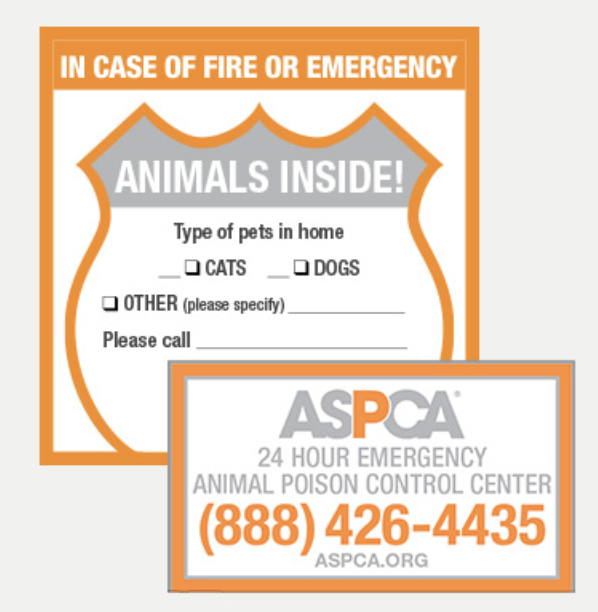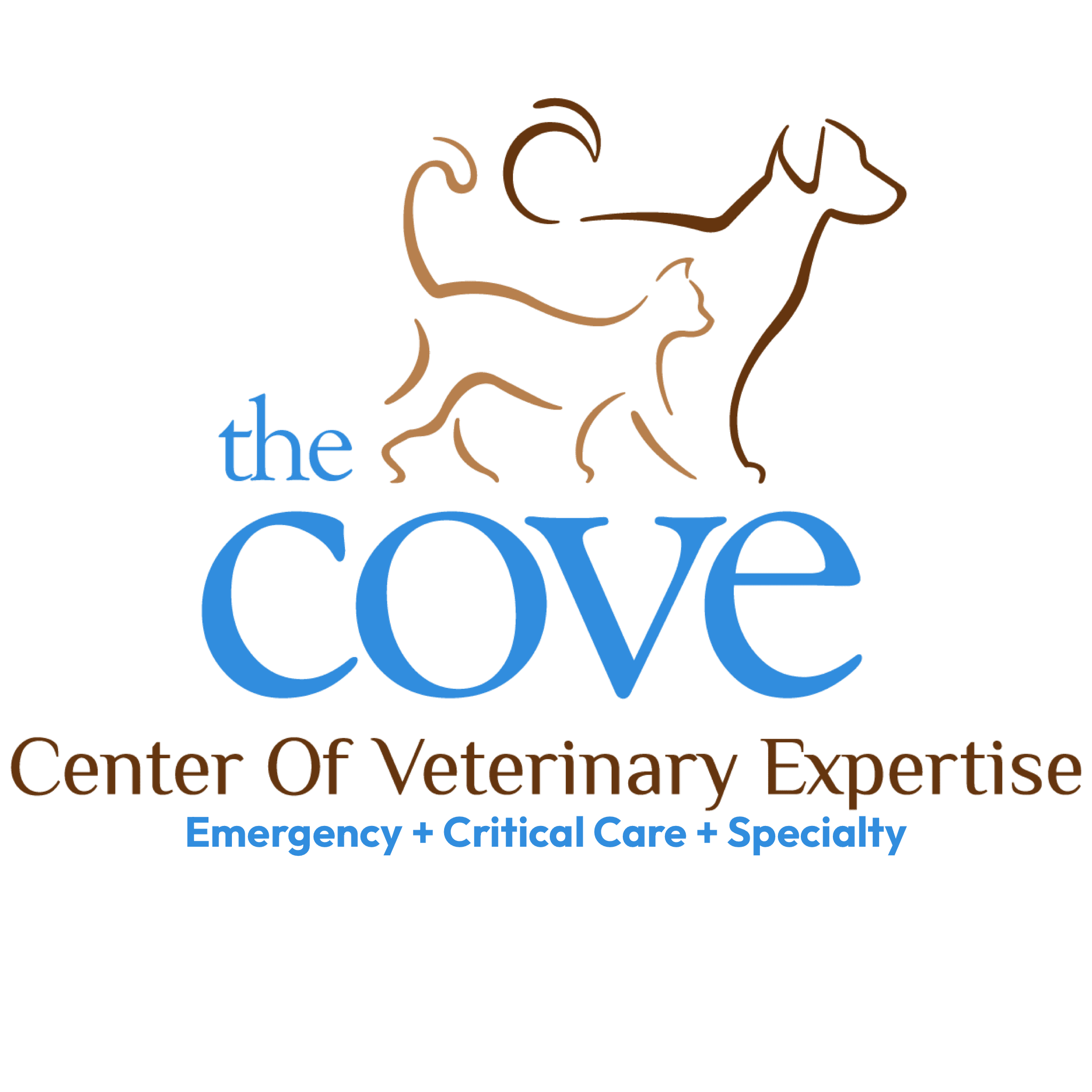Here in Virginia we can experience various types of natural disasters, from hurricanes to flooding. As a pet owner, how prepared are you to care for your furry family members during a disaster?
Unfortunately, many pets and large animals are lost during natural disasters. It is essential to include your dogs, cats, horses, and any other animals in your evacuation plans, and even practice with them, just as you would with the humans in your home.
One of the best ways you can keep yourself and your beloved pets safe is to be prepared!
Create an evacuation plan and kit
In the event that your community is given evacuation orders due to a severe storm or a massive flood, make sure you are all ready to leave at a moment’s notice. Before disaster strikes, create a travel emergency kit that is easily accessible. Store it either at home or in the car.
The emergency kit should include the following:
- A first aid kit—medications, antibacterial ointment, gauzes, tweezers, Vetwrap, bandages for pets.
- Extra food, water, and travel-size bowls for water and food.
- Favorite toys and treats to help keep your pets calm.
- For cats, a calming spray to help soothe them in their carrier.
- Travel beds, waste bags, newspapers, kitty litter, etc.
- Copies of medical and vaccination records.
- The phone numbers of your primary care veterinarian and local animal emergency hospital.
- The COVE’s phone number, on your mobile phone (757-935-9111).
- A list of nearby animal shelters (in case your pet is lost).
- A list of pet-friendly hotels and shelters. Nansemond River High School is Suffolk’s pet-friendly shelter. Click here for a list of all nearby emergency shelters.
If you are prepared, you can also safely and efficiently evacuate livestock and horses. Read about how to keep large animals safe during disasters here.

What to do with your pets during a disaster
Evacuating your home can be an overwhelming experience for every member of your household. But remember, pets respond to our emotions. If you do your best to stay calm, your pet will take its cue from you and calm down more quickly. Once you are in a safe place, give your furry loved ones lots of attention and gentle stroking to help keep them calm, especially if they are in a new or unfamiliar place.
Animals love routine, so keep routines such as feeding and walking times as close to normal as possible. If you are riding out a major storm at home, keep your pets indoors and help ease their anxiety. Pets like the security of dark, enclosed, quiet spaces. If you have a crate and keep it near you, your pet might be more comfortable in it. And extra cuddles and soft strokes never hurt.
What if I’m not home during an emergency?
We can’t always be there for our pets in an emergency. In such cases, having an emergency pet rescue sticker or window decal on your home’s front window or door will be helpful. These signs will alert any emergency service members or neighbors to rescue your pets.
Emergency pet rescue stickers should include the number of animals (e.g. 1 dog, 2 cats, etc.) and your contact information. You can order a sticker through the ASPCA or you can stop by The COVE and pick one up for free.

Additionally, it is critical to get your pets microchipped. It is a safe and permanent form of identification that can be beneficial if your pet loses, isn’t wearing, or wrestles out of its collar. If your pet is already microchipped, make sure to confirm that all contact information is up to date. And, have current photos of your pet, in the event they escape and you need to post their information.
We hope these tips help you and your furry family in emergency preparedness and disaster planning.
The COVE is Open 24/7
If your pet is injured in a natural disaster or experiences any type of trauma, remember that The COVE is open 24/7 for emergencies. Please call us first at 757-935-9111, if possible, so we can prepare for your arrival and help you bring your pet inside.
About Us
The COVE’s veterinarians and staff wholeheartedly embrace the core values of community, collaboration, commitment, compassion, and integrity. This focus ensures that pets, the people who love them, and their primary care veterinarians have as positive and affirming a healthcare experience as possible, regardless of the circumstances that bring us all together.
